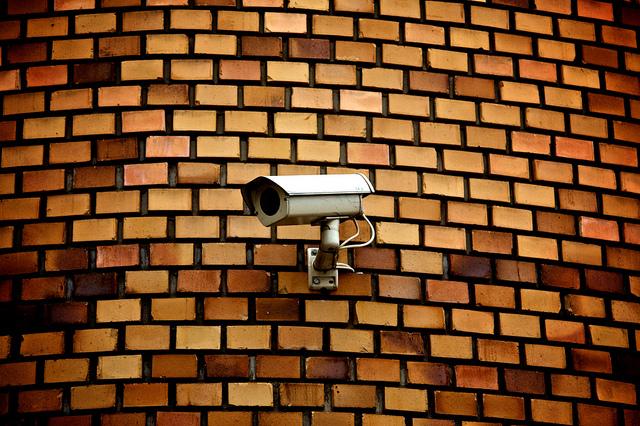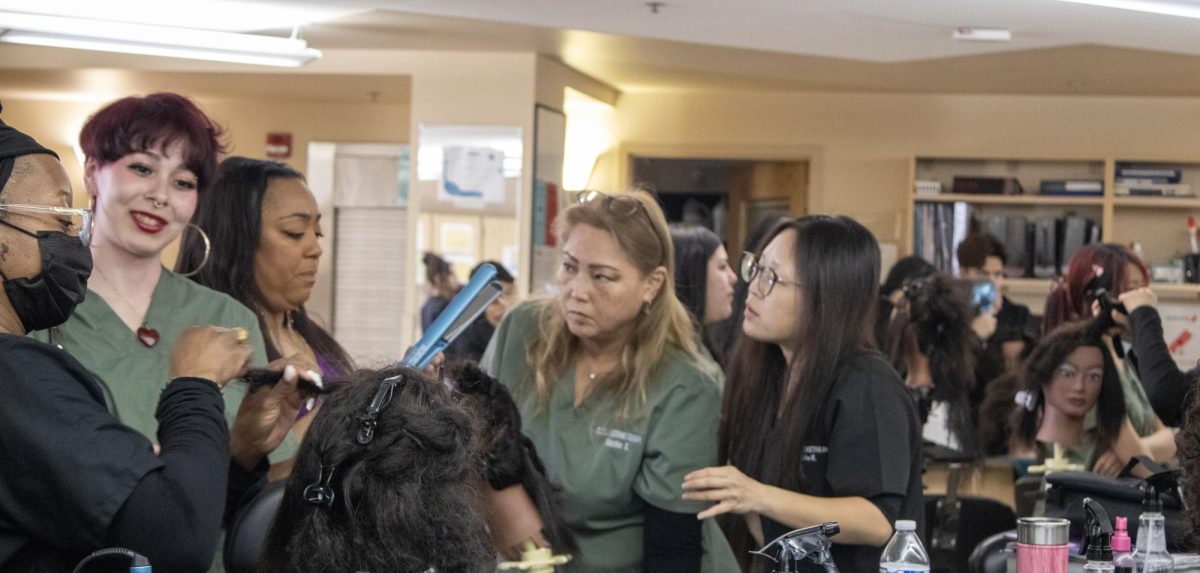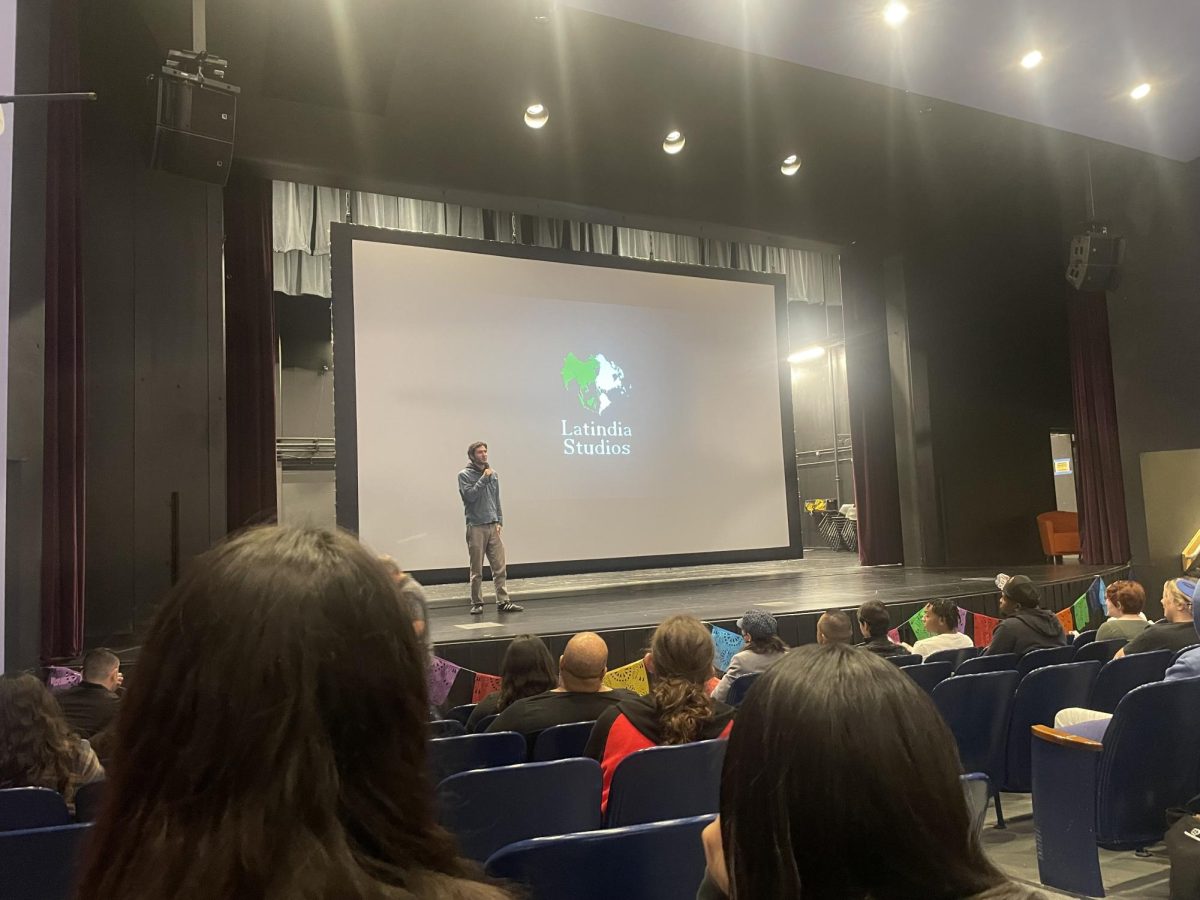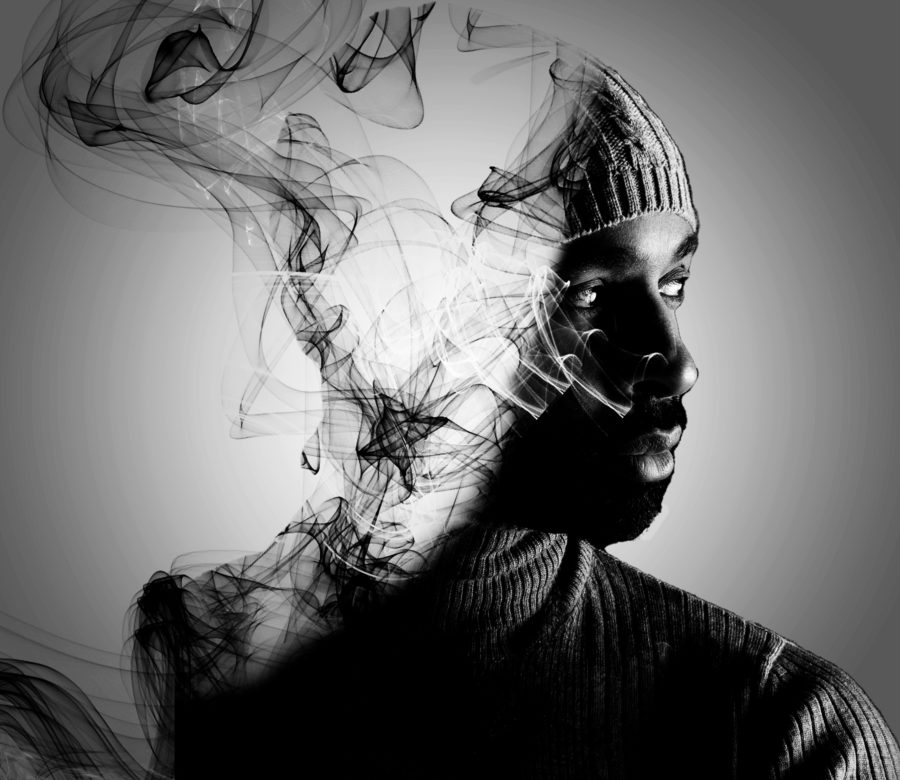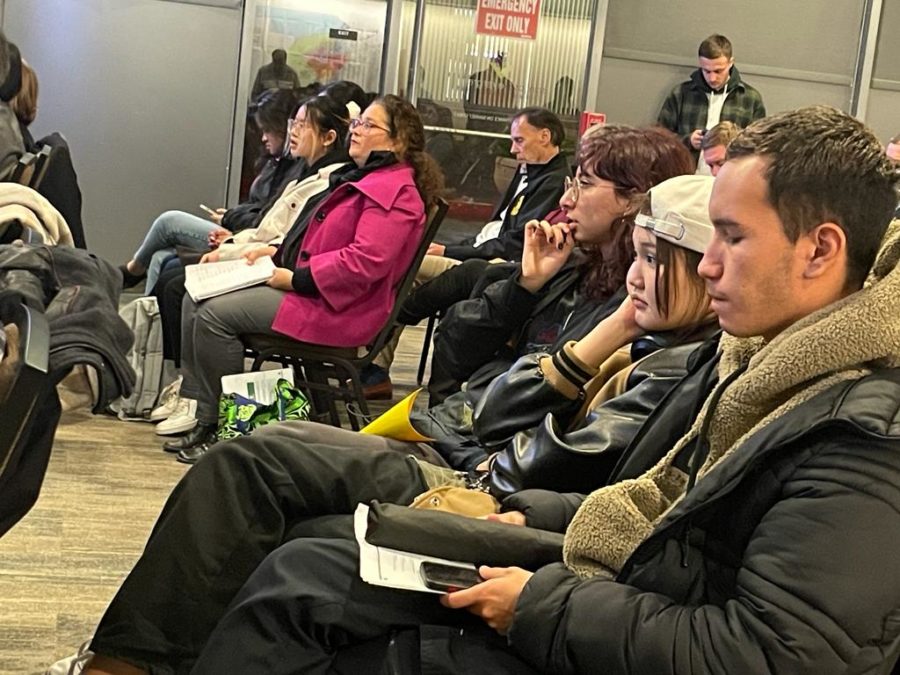Security cameras work like remote-controlled eyes that film suspicious activity when you are not around. They are also are one of the most visible methods of crime prevention.
Anti-crime measures, such as security cameras, were used with great effect in the identification and subsequent arrest of a serial arsonist in San Jose this January, according to Mike Rosenberg of the Mercury News.
By working together with the police, the owners of these security cameras can say that they helped to put a dangerous criminal behind bars.
San Jose Councilmember Sam Liccardo also submitted a memorandum to the Rules and Open Government Committee, highlighting the use of security cameras.
In his proposal, Liccardo described a program that would reach out to the owners of security cameras, building a database of private camera film records for the San Jose Police to consult.
Higher-end cameras would be used to share videos with the police over the Internet, while lower-end models would require tapes to be handed over, according to the Mercury News.
By coordinating their efforts, the police and store owners can significantly cut down on crime and make the search for criminals even easier. But many people are concerned about surveillance.
With the recent spotlight on surveillance, particularly the National Security Agency’s unprecedented seizure of phone records, some may regard the idea of authorities watching over us negatively.
There is a difference between observing people on the streets and in public, and reading their emails and phone conversations. When a person steps out in public, there is a silent agreement between them and the rest of society.
We agree to follow certain rules; we consent to let other people view us. There are no doors for us to close for privacy, no windows to pull blinds and shutters over.
When we step outside, we are consenting to be viewed within reason. If we go out with the intent to commit crimes, we have already consented and accepted the risk that comes with it: break the law, and you risk being punished.
With this program, the risk of being caught is greater. With a focus on cameras that cover as much ground as possible, police can extend their view beyond the interior of stores, the same way they were able to discover the serial arsonist.
We do not outright agree to have every moment of our public lives carefully observed and measured, but more security cameras, and granting the city the right to build a database off of volunteered video footage, is not the same as being stalked.
Living with the idea that there is an eye on you wherever you go is the price to pay for added protection, for safer streets and higher odds of criminals being caught red-handed.
But not everybody is willing to pay that price. For some, the idea that at any moment you are being captured and recorded is too steep.
We must reach a common ground with these people.
Privacy in public is not as vital as our safety. As uncomfortable as it is, these cameras are there for our benefit.

